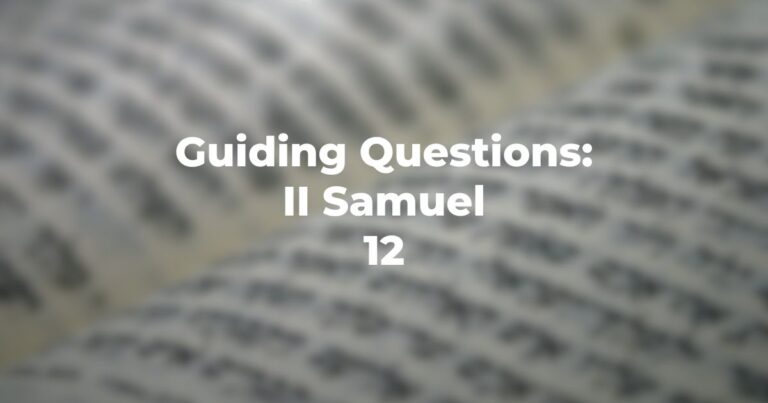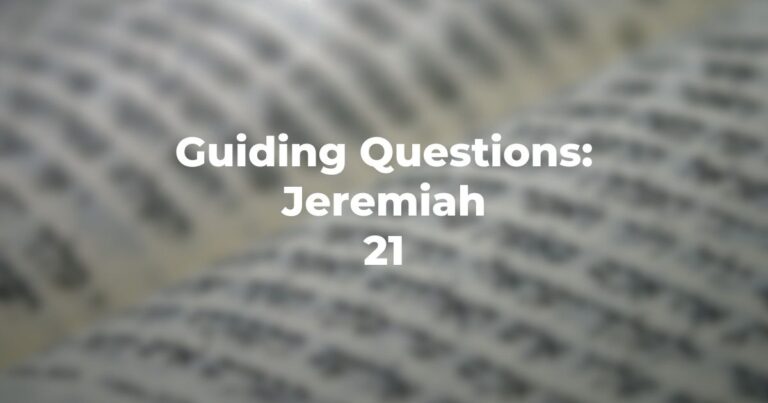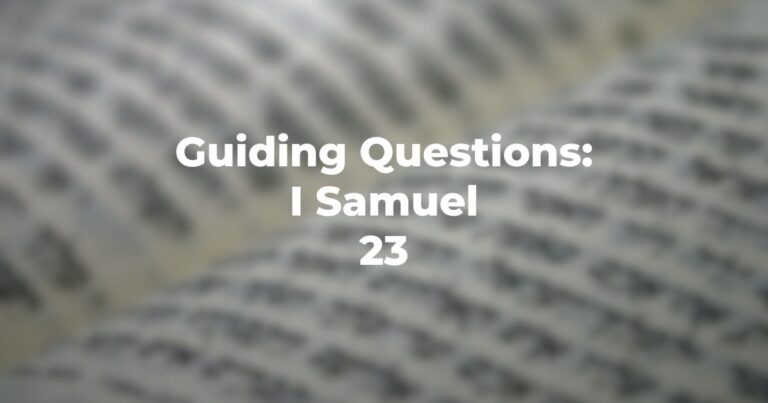- In Psalms 30:1 the emphasis in on “overcoming enemies”; in Psalms 30:2 the emphasis is upon “healing” and in Psalms 30:3 the reference is to being saved from death (Sheol and the Pit being references to the end of life). For what, then, is the speaker expressing thanks?
- In Psalms 30:5-7 does the speaker indicate that there is no “trouble” for those who are believers but, when all is said and done, there will be joy?
- How does Psalms 30:7 reflect the very common condition of the human to be arrogant when things are going well and humble/pleading when things are going “badly”?
- What is the cause of “You hid Your face” and what is the reaction? In recent times, and in theological consideration of the Holocaust, the phrase “You hid Your face” is mentioned frequently — what is the meaning of “God hiding Its face”?
- In Psalms 30:10 is the opinion expressed that after death there is “nothing”? Is there some other way to understand the phrase “can the grave praise You — can it declare Your faithfulness?”
- In the closing sentences what is reflected — “having been saved” or disappointment and despair?
- For what occasion(s) would this particular Psalm appear to be most appropriate?
Author
-

Exploring Judaism is the digital home for Conservative/Masorti Judaism, embracing the beauty and complexity of Judaism, and our personal search for meaning, learning, and connecting. Our goal is to create content based on three core framing: Meaning-Making (Why?), Practical Living (How?), and Explainers (What?).
View all posts





